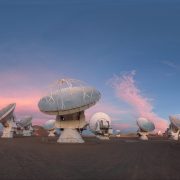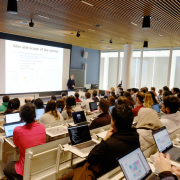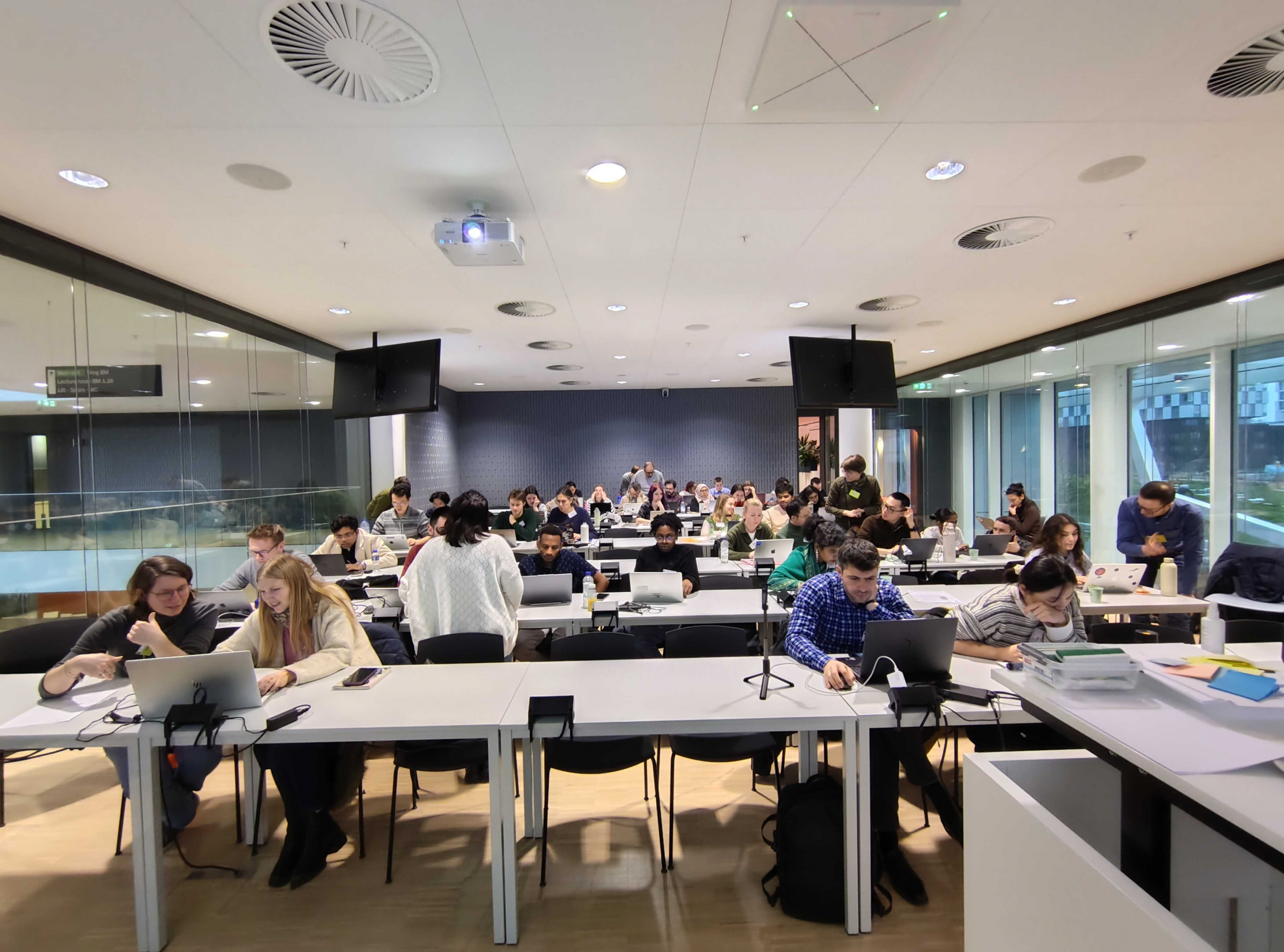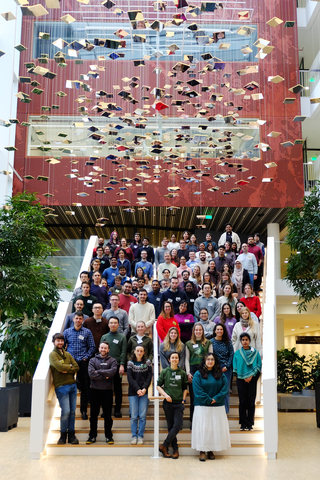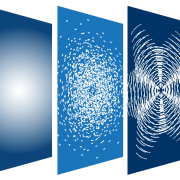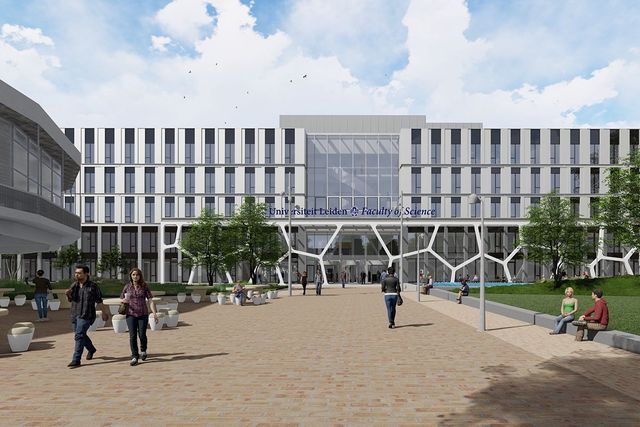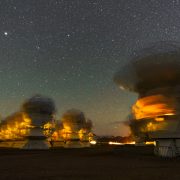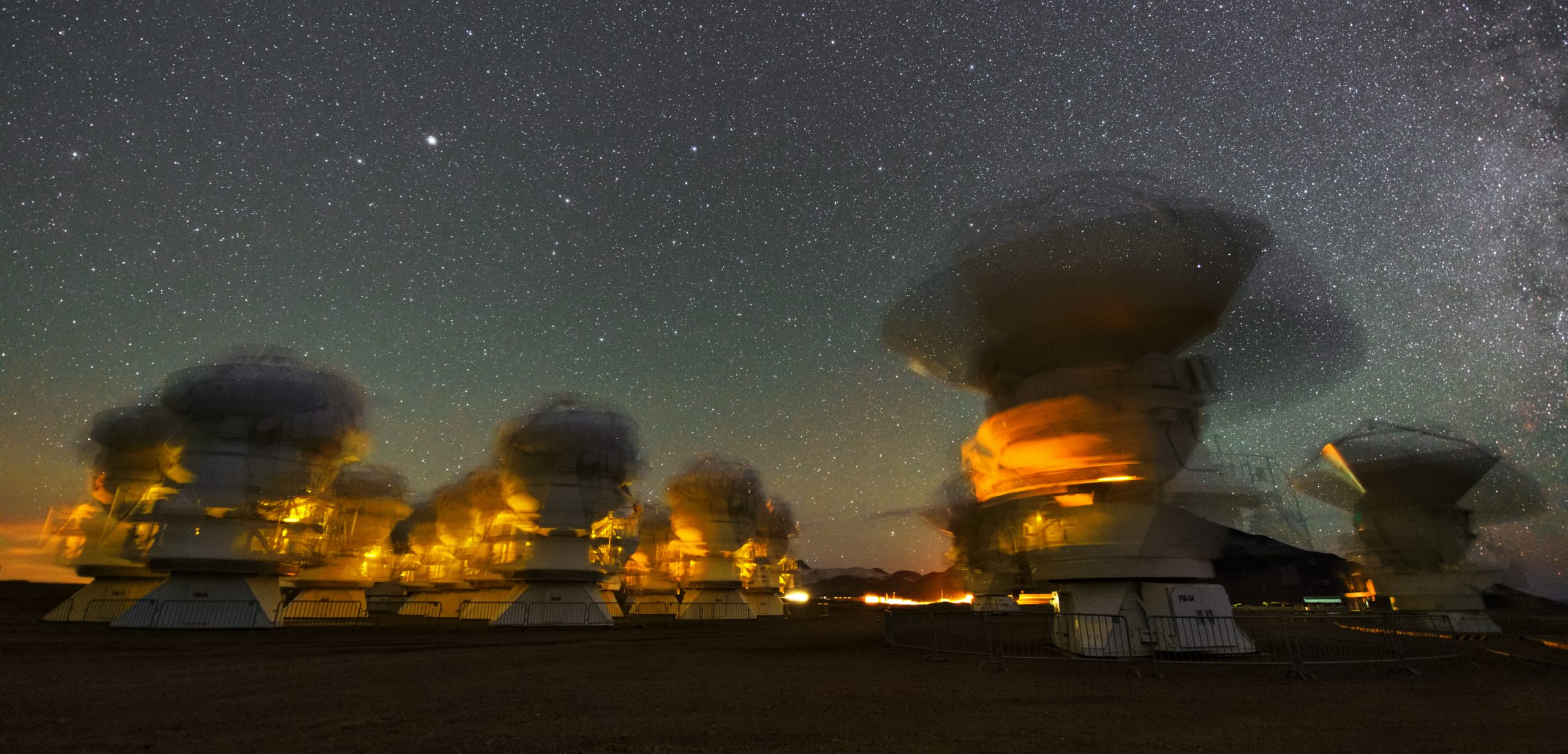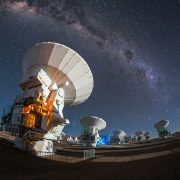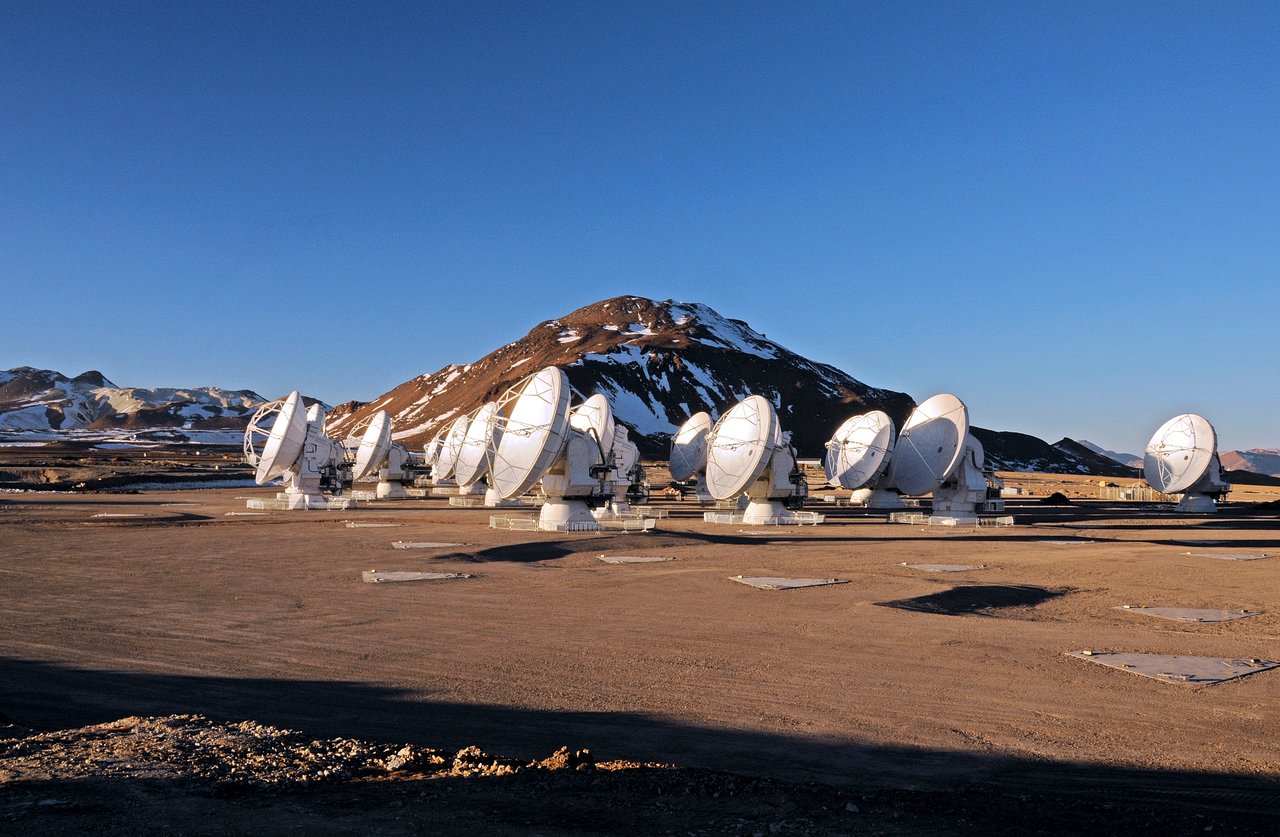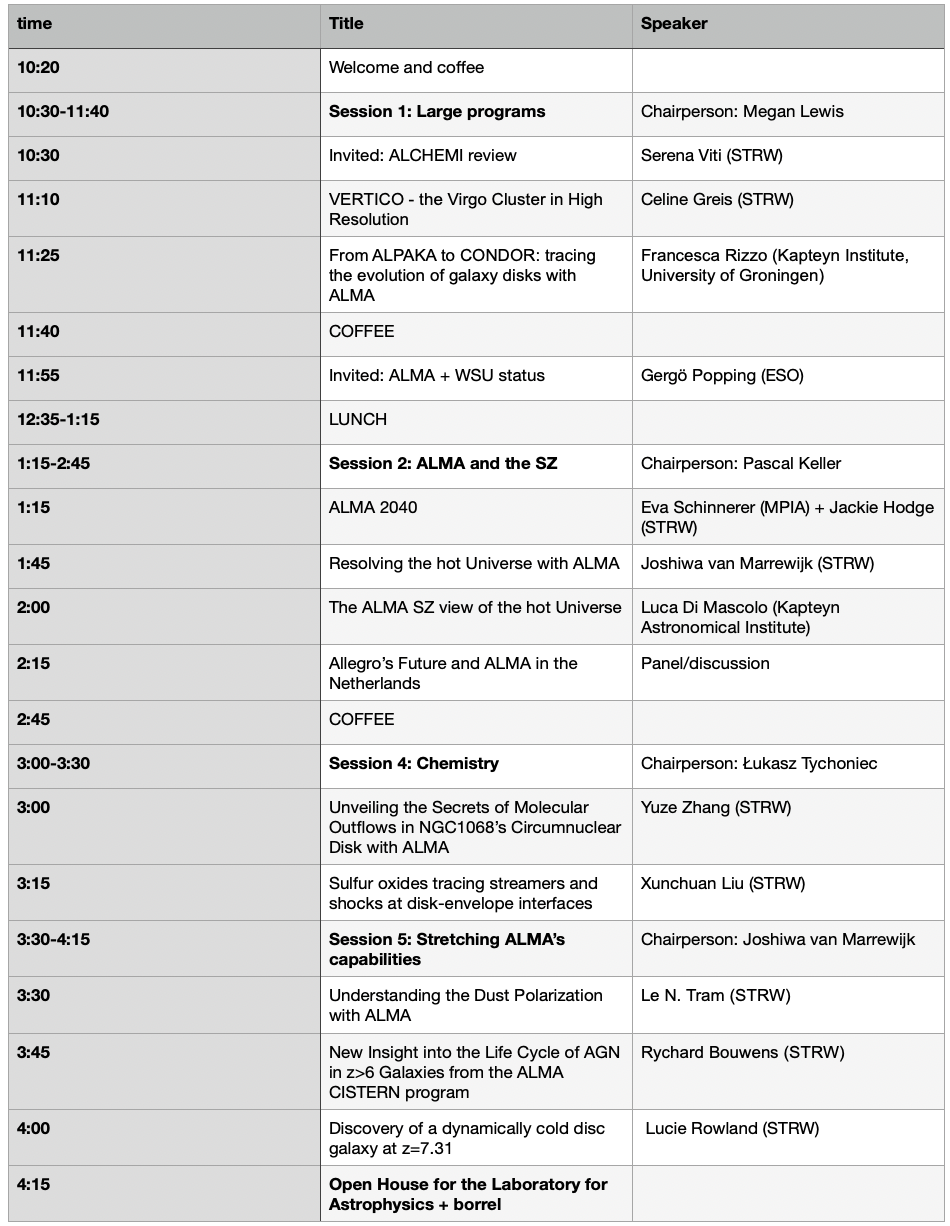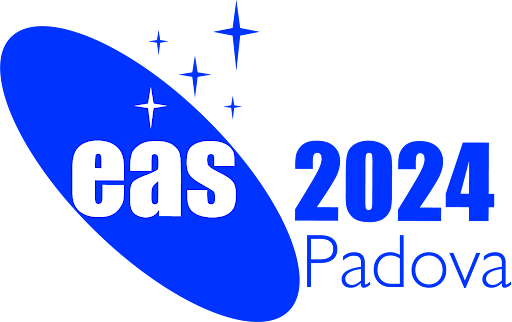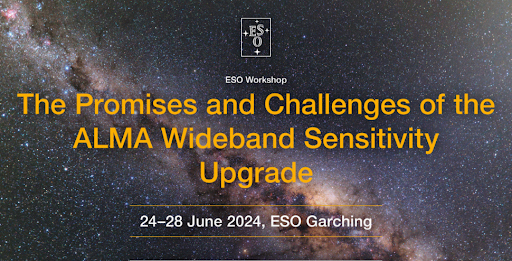Allegro’s newest members are postdocs Pascal Keller and Joshiwa van Marrewijk!

Pascal Keller joined Allegro in May 2024. He did his PhD titled “Investigating the Epoch of Reionisation with Radio Interferometers” at the Cavendish Astrophysics group of the University of Cambridge. His research focuses on developing and applying non-standard analysis techniques to radio interferometric data. He is particularly interested in using calibration-insensitive closure invariants such as the “closure phase” to search for the redshifted 21 cm signal of neutral hydrogen during the Epoch of Reionisation (EoR). As part of his thesis, he applied the “closure phase method” to data from the Hydrogen Epoch of Reionization array (HERA), producing robust upper limits on the spatial fluctuations of the EoR signal.
Joshiwa van Marrewijk will join Allegro in October 2024. He did his PhD at ESO in Garching, titled “The birth of cosmic structures as revealed by observations in the (sub-)mm bands”. His research focuses on how galaxies and galaxy clusters form, particularly at two key moments in cosmic history: the epoch of reionization and protoclusters. During his PhD, Joshiwa developed innovative methods to analyse ALMA data in the uv-plane and created a novel simulation tool named maria used for forecasting bolometric single-dish observations and studying phase fluctuations caused by the ever-changing atmosphere. While his work often reveals the challenges of pushing observations to extreme redshifts, it’s also paving the way for the next generation of (sub-)mm astronomy and provides useful tools to analyse to get the best science out of the observations.
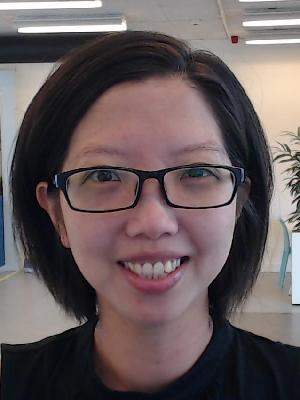
Meanwhile, we said good-bye Dr. Ko-Yun (Monica) Huang this summer. We would like to express our gratitude to Monica for her amazing service at Allegro! We will miss her greatly, and wish her all the best on her new path!
Lastly, we are excited that Dr. Violette Impellizzeri will join ASTRON as head of the Astronomy & Operations department. She started her new duties at ASTRON on 1 September 2024, but will still be working at the Allegro ARC Node partially until March 2025, to enable a smooth transition for the new group, new arrivals and daily activities. At ASTRON, Violette will be closely involved in the commissioning efforts for LOFAR2.0, the deployment of the SKA Dutch regional center and astronomy research activities at the institute.
Violette has been part of ALMA since 2011, when she relocated to the Joint ALMA Observatory (JAO) in Chile as a commissioning postdoc and science fellow. Her involvement during the commissioning phase included early VLBI testing, science verification, and the implementation of high-frequency observing techniques, also known as band-to-band phase transfer. As operations commenced in 2014, she assumed the role of an operations astronomer with added responsibilities such as leading the Phase II Group (P2G), serving as a liaison for VLBI activities (VLBI friend of telescope), and heading the Proposal Handling Team (PHT). In October 2020, she joined the Allegro ARC Node in Leiden as the Program Manager, providing assistance to the ALMA community in the Netherlands.
Moving to ASTRON, Violette said she hopes she can help create further synergies and collaborations among our frequency domains in the coming years, as we are living through a transformation with the exciting WSU upgrade matching the ongoing constructions of SKA and the LOFAR 2.0 observatory.

